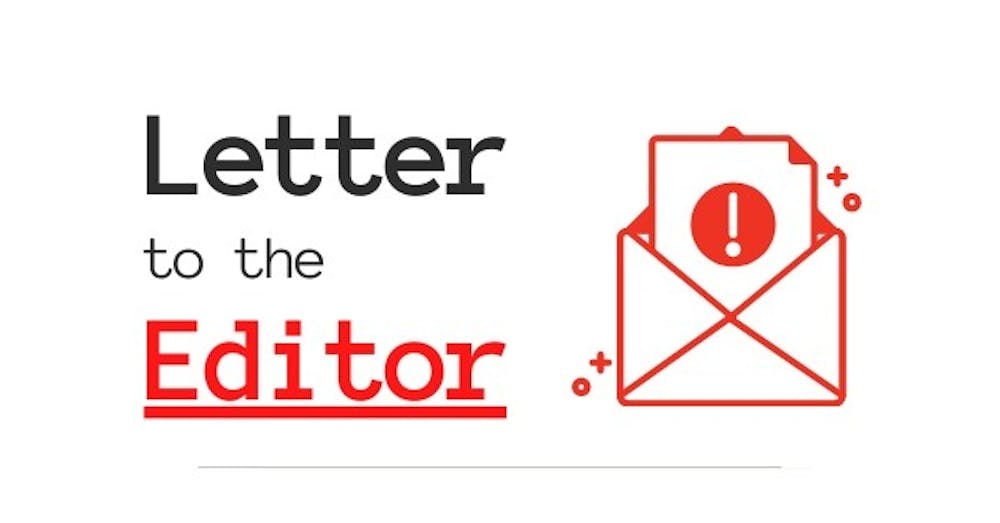It is urgent that the legislature and Gov. Lujan Grisham enact House Bill 132 (Rep. Herrera, Speaker Egolf, and Rep. Garratt) during the 2022 session to reduce the maximum annual interest rate on small loans from 175%, one of the highest rates in the nation, to 36%.
This issue is personal to us, as the burden of predatory lending does not fall evenly on all New Mexicans.
Even though Native lands make up less than 10% of the state’s geography, 64% of predatory lenders in New Mexico operate within 15 miles of our reservation communities. It is our families, friends and neighbors who get caught in the cycle of insurmountable debt created by the high interest structure of predatory loans. This cycle drains financial resources from individuals, families and our communities, and causes great personal and financial turmoil.
As proud board members of Think New Mexico, the nonpartisan statewide think tank whose 2020 report made a compelling case for capping interest rates at 36%, we know that a 36% interest rate cap can work because both the federal government and other states have proven it.
Access to capital has always been a privilege available to the American people. It is this access that promotes entrepreneurship and innovation in individuals and businesses. A cap of 36% interest on high-risk loans is a fair and competitive rate as determined by the federal government.
In 2006, the Department of Defense recognized that predatory lending was impacting national security because so many members of the military were getting trapped by high-interest loans. So Congress and President George W. Bush, working in bipartisan fashion, passed the Military Lending Act, capping the annual interest rates of loans to military service members and their families at 36%. Thanks to this federal law, Native American service members and their families are already shielded from predatory loans — but many families remain at risk.
At least 14 other states have enacted firm caps of 36% APR or less on car title and installment loans and also eliminated or strictly limited payday loans. Every time one of these laws is passed, high-cost lenders claim that communities like ours would lose access to credit. This is false.
In fact, responsible lenders have stayed in those states and continued to offer loans at 36% or less, low-cost loans from credit unions increased and community institutions have ensured that affordable credit is widely available. In South Dakota, for example, after interest rates were capped at 36% in 2016, two Native-led Community Development Financial Institutions (CDFIs), the Black Hills Community Loan Fund and the Four Bands Community Loan Fund, provided millions of dollars in affordable loans to needy borrowers.
Here in New Mexico, we have 142 credit union branches across the state, along with 17 CDFIs. A 2015 report from the New Mexico Legislative Finance Committee noted that “Native Community Finance, a CDFI, is able to provide financial counseling and refinance loans at APRs less than 15% for subprime borrowers.” Credit unions and CDFIs are ready and able to meet the financial needs of our communities at affordable rates.
Last year, Native American leaders including the All Pueblo Council of Governors and the Navajo Nation Council testified in favor of legislation that would have lowered the maximum annual interest rate on small loans from 175% to 36%. The bill was also supported by the Native American Voters Alliance, the cities of Albuquerque and Las Cruces, and McKinley and Valencia counties, among many others.
We were very disheartened when last year’s bill was amended in the House to allow for interest rates of 99% on all loans under $1,100, more than two-thirds of all small loans. The Senate understandably refused to support this excessive rate, which had been proposed by lobbyists for predatory lenders, meaning that reform was put off for another year and rates stayed at an unconscionable 175%.
Lujan Grisham and many legislators have expressed their support for Native nations and their desire to end predatory lending. The time has come for legislators, especially those representing the Native communities targeted by these lenders, to step up and pass House Bill 132 to finally put an end to this practice of financial exploitation.
Get content from The Daily Lobo delivered to your inbox
LaDonna Harris is a citizen of the Comanche Nation and the founder of Americans for Indian Opportunity
Notah Begay III is Navajo-San Felipe-Isleta Pueblo and the founder of NB3 Foundation






